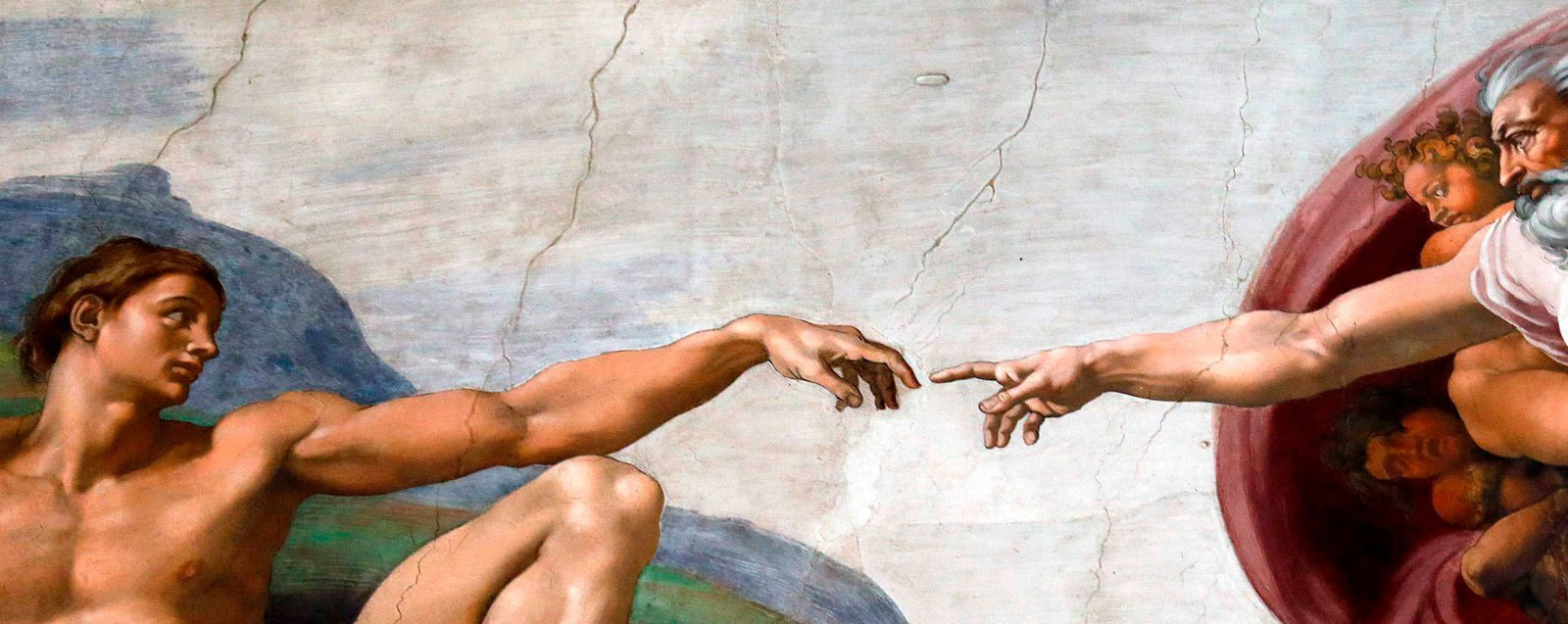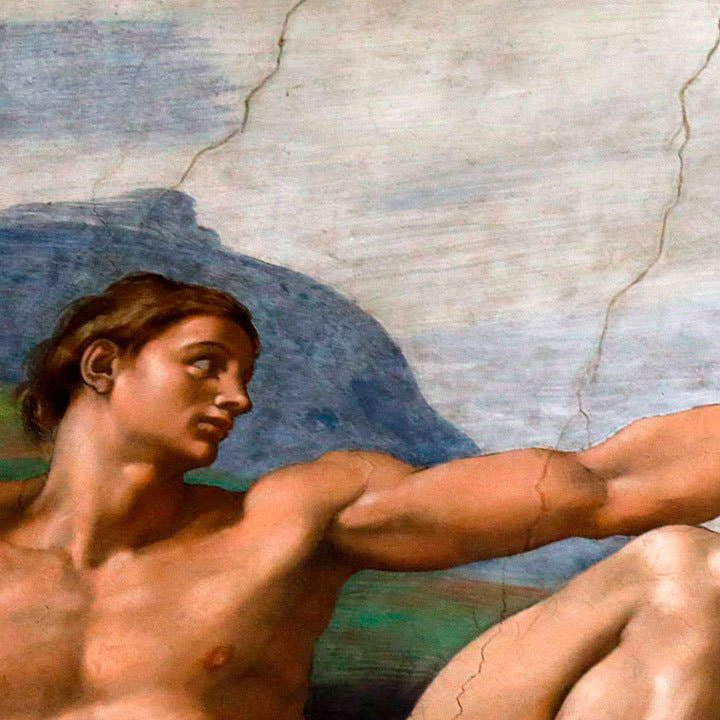The opening lecture will reveal the conception of the Homo mutabilis course.
Philosophical anthropology studies humans as a specific subject of knowledge, exploring their nature and essential qualities. This course focuses on the history of the humankind’s cultural transformation informed by humans’ own ideas. All lecture titles begin with two words in the manner of Latin binominal nomenclature used in biology for naming species. It doesn’t mean, however, that each discussion will focus on a special type of human beings in terms of biology o race. These metaphors have been introduced for describing the diverse methods used by humans for acquiring new knowledge and skills that, in turn, change people’s social, psychological and cultural environment.
“…nothing entitles us to assume that man has a nature or essence in the same sense as other things. In other words, if we have a nature or essence, then surely only a god could know and define it, and the first prerequisite would be that he be able to speak about a ‘who’ as though it were a ‘what.’ The perplexity is that the modes of human cognition applicable to things with ‘natural’ qualities, including ourselves to the limited extent that we are specimens of the most highly developed species of organic life, fail us when we raise the question: And who are we? This is why attempts to define human nature almost invariably end with some construction of a deity, that is, with the god of the philosophers, who, since Plato, has revealed himself upon closer inspection to be a kind of Platonic idea of man.” (Hannah Arendt. Vita Activa or The Human Condition. 1958).

